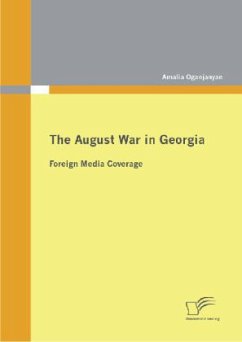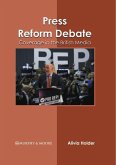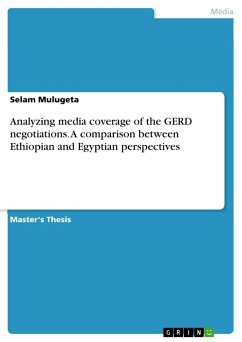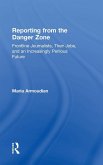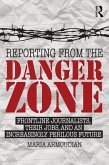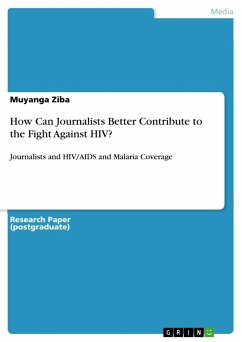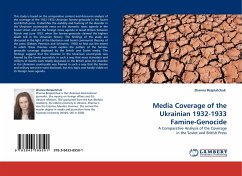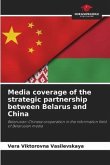Reporting on a foreign war or a crisis is a challenging activity, a true professional test for a journalist. Media is often criticized for promoting violence by its conflict reporting: either by staying detached or by being biased.
Peace, or conflict-sensitive, journalism was created for improvement of conflict coverage: it emphasizes the active role of journalists in de-escalation of conflict and encourages them to report on peaceful solutions. This relatively novel approach might be met with skepticism, as it appears too idealistic and demanding to be followed by journalists. In order to verify the applicability of peace journalism, this book presents a comparative analysis of six US, UK and German newspapers on how conflict-sensitive, or at least balanced, they were in their reporting on the Russia-Georgia war of 2008.
The content analysis of those six media has demonstrated that the peace journalism approach is not easy to implement into practice due to some imperfections of its models; its parameters need to become more feasible and more specific. The case study has showed that those particular western media were neither conflict-sensitive nor war-oriented in their coverage of the Russia-Georgia war, and thus they kept the in-between stance. Overall, the reporting was balanced, particularly in its negative attitude towards all parties involved in the conflict.
Hinweis: Dieser Artikel kann nur an eine deutsche Lieferadresse ausgeliefert werden.
Peace, or conflict-sensitive, journalism was created for improvement of conflict coverage: it emphasizes the active role of journalists in de-escalation of conflict and encourages them to report on peaceful solutions. This relatively novel approach might be met with skepticism, as it appears too idealistic and demanding to be followed by journalists. In order to verify the applicability of peace journalism, this book presents a comparative analysis of six US, UK and German newspapers on how conflict-sensitive, or at least balanced, they were in their reporting on the Russia-Georgia war of 2008.
The content analysis of those six media has demonstrated that the peace journalism approach is not easy to implement into practice due to some imperfections of its models; its parameters need to become more feasible and more specific. The case study has showed that those particular western media were neither conflict-sensitive nor war-oriented in their coverage of the Russia-Georgia war, and thus they kept the in-between stance. Overall, the reporting was balanced, particularly in its negative attitude towards all parties involved in the conflict.
Hinweis: Dieser Artikel kann nur an eine deutsche Lieferadresse ausgeliefert werden.

